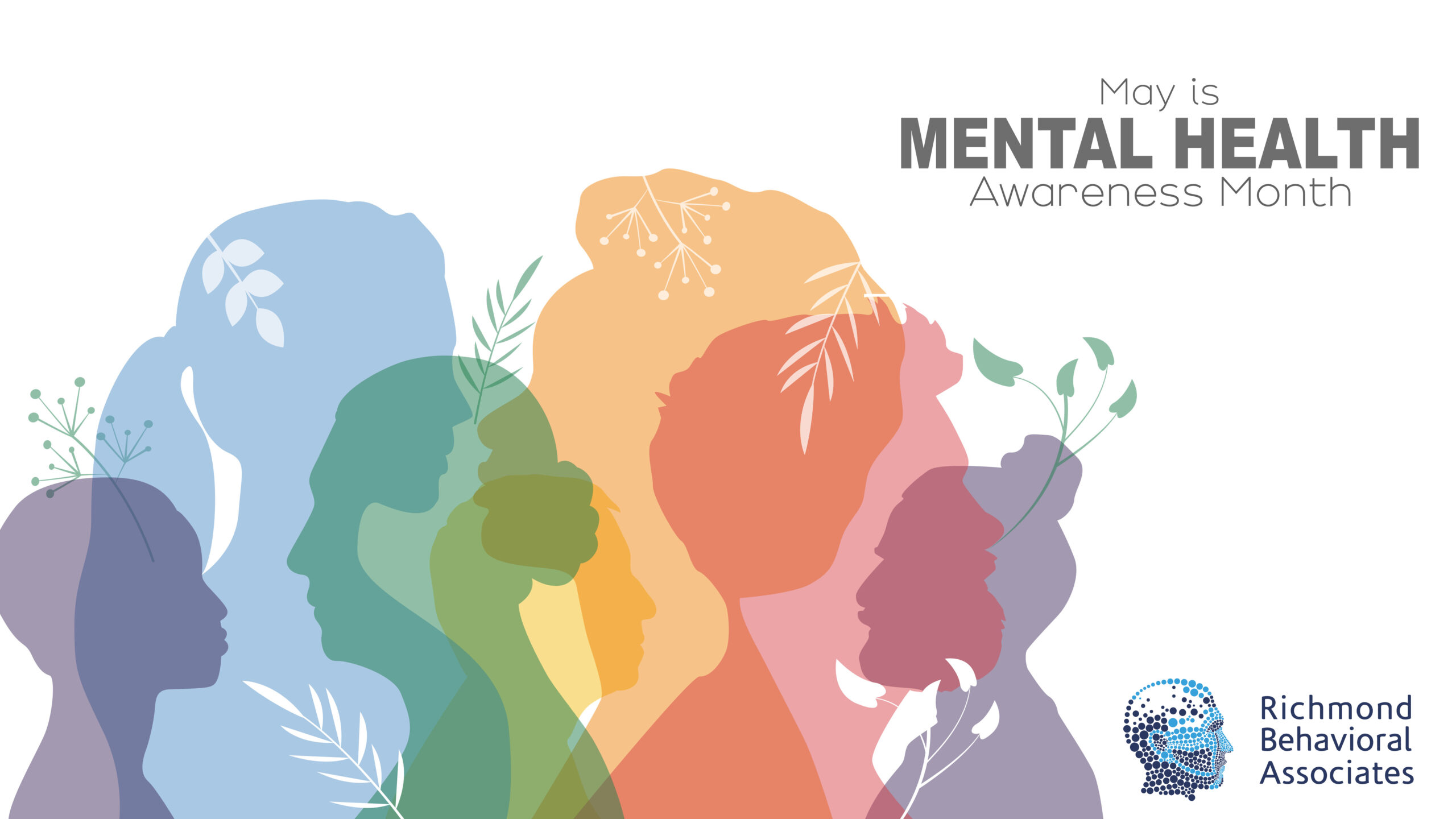May is Mental Health Awareness Month, a time dedicated to shedding light on the importance of mental well-being and encouraging open conversations about mental health. In a fast-paced and demanding world, it is crucial that we recognize the significance of caring for our mental health just as we do for our physical health. This month serves as a reminder to prioritize our mental well-being, reduce stigma, and promote self-care practices. Let us delve into the journey of nurturing our mental health and embracing a healthier mindset.
Understanding Mental Health
Before we can embark on a journey of self-care, it is essential to understand what mental health truly entails. Mental health encompasses our emotional, psychological, and social well-being, affecting how we think, feel, and act. It is not a mere absence of mental illness but rather a state of overall well-being. Acknowledging the importance of mental health allows us to break free from societal stigma and seek the support we may need.
Recognizing the Signs
It is crucial to be attentive to our mental well-being and recognize the signs when something might be amiss. Symptoms of mental health issues can vary greatly, ranging from feeling constantly overwhelmed and anxious to experiencing prolonged periods of sadness or loss of interest. It is essential to understand that mental health struggles can affect anyone, regardless of age, gender, or background. By recognizing the signs, we can take proactive steps towards seeking help and support.
Breaking the Stigma
One of the most significant barriers to seeking help for mental health issues is the persistent stigma that surrounds them. Mental Health Awareness Month plays a vital role in breaking down these barriers by fostering open conversations and promoting understanding. By sharing personal stories, advocating for mental health, and educating others, we can create a safe and supportive environment that encourages seeking help without judgment.
Practicing Self-Care
Self-care is an integral part of maintaining good mental health. Taking care of ourselves physically, emotionally, and mentally allows us to build resilience and cope with life’s challenges. Self-care practices can vary from person to person, but some general strategies include getting enough sleep, maintaining a balanced diet, engaging in regular exercise, spending time with loved ones, practicing mindfulness and relaxation techniques, and pursuing hobbies or activities that bring joy. By prioritizing self-care, we strengthen our mental well-being.
Seeking Support
It is important to remember that seeking support is a sign of strength, not weakness. Whether it is confiding in a trusted friend or family member, seeking therapy or counseling, or joining support groups, reaching out for help can provide immense relief and guidance. Remember that you are not alone, and there are resources available to assist you on your journey towards better mental health.

Spreading Awareness
Mental Health Awareness Month provides an excellent opportunity to spread awareness and educate others about the importance of mental health. Engage in conversations, share resources and information, and participate in local events and campaigns dedicated to mental health awareness. By becoming an advocate for mental health, we can help reduce the stigma, promote empathy, and create a more inclusive and understanding society.
Moving Forward
Mental Health Awareness Month serves as a reminder to prioritize our mental well-being and promote self-care practices. Let us use this opportunity to understand, support, and advocate for mental health. By breaking the silence, sharing our stories, and offering support, we can create a more compassionate world where mental health is given the attention and care it deserves. Remember, taking care of your mental health is an ongoing journey, and by making it a priority, you are investing in your overall well-being and happiness.





